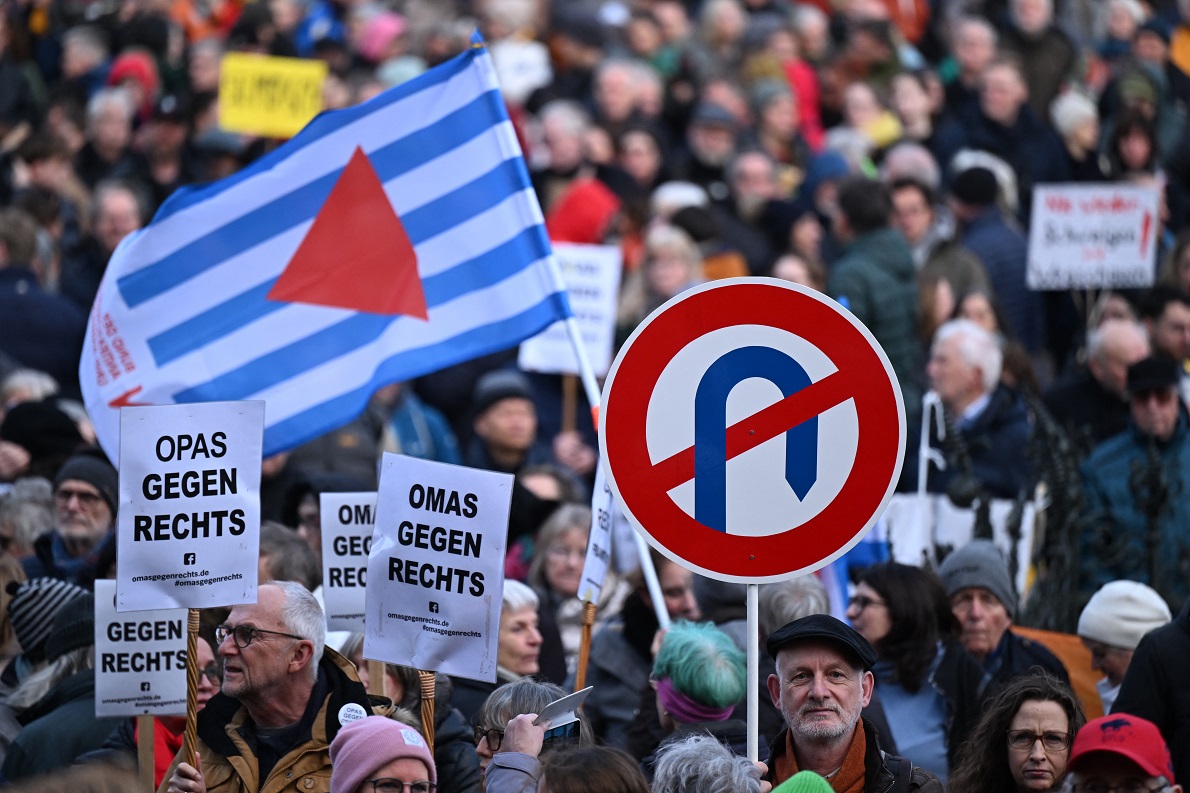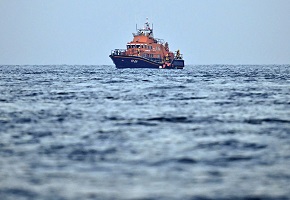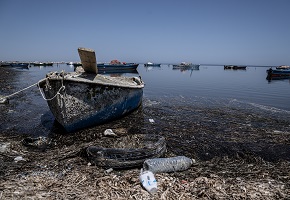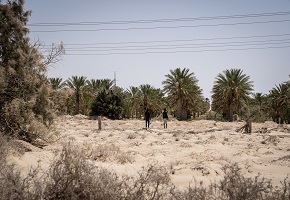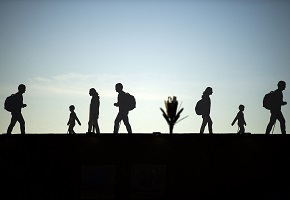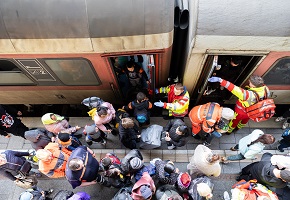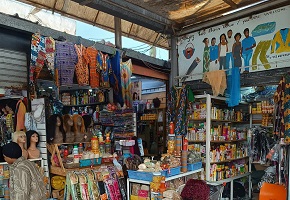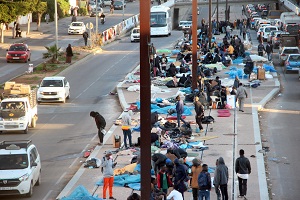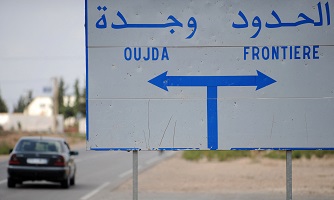Arghawan Farsi 22 March 2024
“I’m drinking chai and eating köfte, while we still don’t feel at home here,” rapper Apsilon sings on the stage at one of Berlin’s largest demonstrations against the rise of right-wing parties. The right-wing Alternative für Deutschland (AFD) in particular has been gaining votes, especially since the influx of migrants and refugees in 2015. The demonstration drew more than 150,000 people, as diverse as Berlin itself. Rainbow flags, socialist parties, grassroots groups, social workers, and activists all stand together in front of the Bundestag to take a stand against right-wing extremism.


